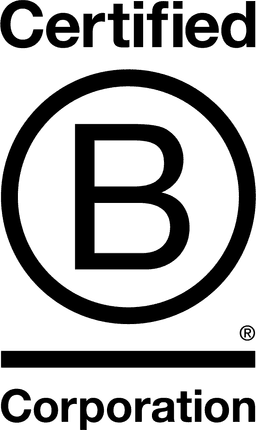

FinStart

Île-de-France, France
February 2024
Web portals
Service with Minor Environmental Footprint
France
Créée en 2020, Finstart se dédie à mettre en relation les consultants spécialisés dans les métiers de la finance et les grands groupes, ainsi que les cabinets de conseils (Entreprises du CAC 40 et BIg four) formant ainsi la seule plateforme de free-lances dans ce secteur. Pionnière sur son marché, elle propose aujourd’hui plus de 4000 profils en finance, risques, conformité, comptabilité, et fonctions supports. Elle centralise plus de 100 missions chaque mois, venant d’organisations ayant besoin de ressources externes. Nous adressons principalement les secteurs : banque, assurance, Telecom, Industrie, Luxe. Le business model unique garantit une ressource opérationnelle dans un délai très rapide. Son efficacité repose sur l’alliance d’un outil de scoring et de matching sur-mesure, développé en interne, avec une équipe d’experts dédiée à l’accompagnement du processus de sélection des talents. Pour accompagner la transition de talents salariés vers le freelancing, FinStart a créé une société de portage salarial IziStart. La proposition de valeur FinStart permet désormais de couvrir tous les besoins RH (internes et externes) sur les métiers de la finance et fonctions support.
Overall B Impact Score
Governance 18.8
Governance evaluates a company's overall mission, engagement around its social/environmental impact, ethics, and transparency. This section also evaluates the ability of a company to protect their mission and formally consider stakeholders in decision making through their corporate structure (e.g. benefit corporation) or corporate governing documents.
What is this? A company with an Impact Business Model is intentionally designed to create a specific positive outcome for one of its stakeholders - such as workers, community, environment, or customers.
Workers 38.2
Workers evaluates a company’s contributions to its employees’ financial security, health & safety, wellness, career development, and engagement & satisfaction. In addition, this section recognizes business models designed to benefit workers, such as companies that are at least 40% owned by non-executive employees and those that have workforce development programs to support individuals with barriers to employment.
Community 22.6
Community evaluates a company’s engagement with and impact on the communities in which it operates, hires from, and sources from. Topics include diversity, equity & inclusion, economic impact, civic engagement, charitable giving, and supply chain management. In addition, this section recognizes business models that are designed to address specific community-oriented problems, such as poverty alleviation through fair trade sourcing or distribution via microenterprises, producer cooperative models, locally focused economic development, and formal charitable giving commitments.
Environment 13.9
Environment evaluates a company’s overall environmental management practices as well as its impact on the air, climate, water, land, and biodiversity. This includes the direct impact of a company’s operations and, when applicable its supply chain and distribution channels. This section also recognizes companies with environmentally innovative production processes and those that sell products or services that have a positive environmental impact. Some examples might include products and services that create renewable energy, reduce consumption or waste, conserve land or wildlife, provide less toxic alternatives to the market, or educate people about environmental problems.
Customers 2.5
Customers evaluates a company’s stewardship of its customers through the quality of its products and services, ethical marketing, data privacy and security, and feedback channels. In addition, this section recognizes products or services that are designed to address a particular social problem for or through its customers, such as health or educational products, arts & media products, serving underserved customers/clients, and services that improve the social impact of other businesses or organizations.